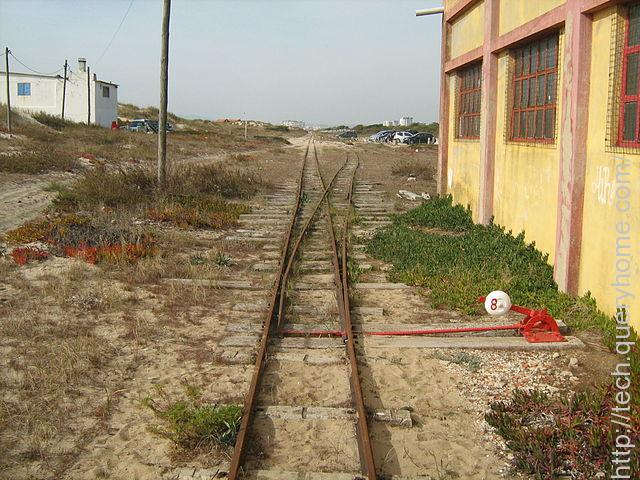Consider a railroad junction:

Now for the sake of argument, suppose this is back in the 1800s - before long distance or radio communication.
You are the operator of a junction and you hear a train coming. You have no idea which way it will go. You stop the train to ask the captain which direction he wants. And then you set the switch appropriately.
Trains are heavy and have a lot of momentum. So they take forever to start up and slow down.
Is there a better way? You guess which direction the train will go!
If you guessed right, it continues on.
If you guessed wrong, the captain will stop, back up, and yell at you to flip the switch. Then it can restart down the other path.
If you guess right every time, the train will never have to stop.
If you guess wrong too often, the train will spend a lot of time stopping, backing up, and restarting.
Consider an if-statement: At the processor level, it is a branch instruction:

You are a processor and you see a branch. You have no idea which way it will go. What do you do? You halt execution and wait until the previous instructions are complete. Then you continue down the correct path.
Modern processors are complicated and have long pipelines. So they take forever to "warm up" and "slow down".
Is there a better way? You guess which direction the branch will go!
If you guessed right, you continue executing.
If you guessed wrong, you need to flush the pipeline and roll back to the branch. Then you can restart down the other path.
If you guess right every time, the execution will never have to stop.
If you guess wrong too often, you spend a lot of time stalling, rolling back, and restarting.
This is branch prediction. I admit it's not the best analogy since the train could just signal the direction with a flag. But in computers, the processor doesn't know which direction a branch will go until the last moment.
For more example please click here
